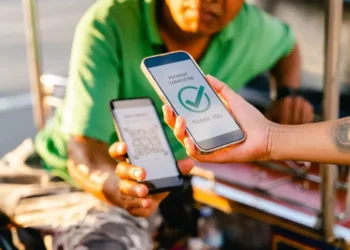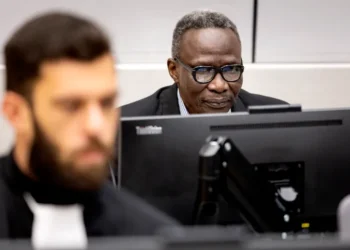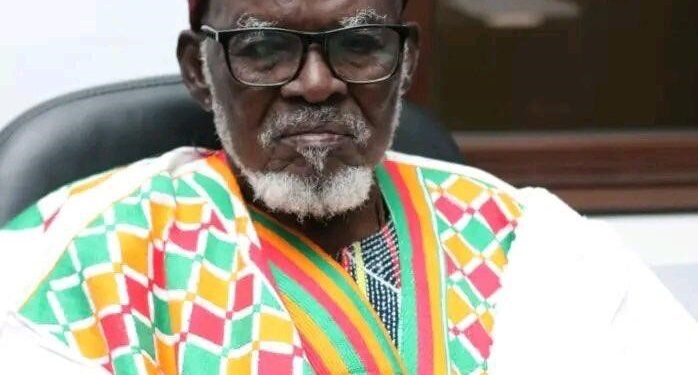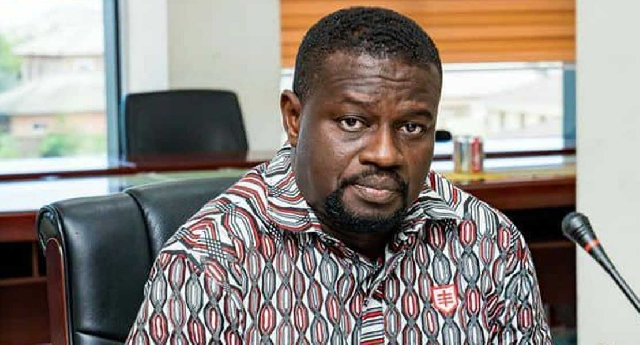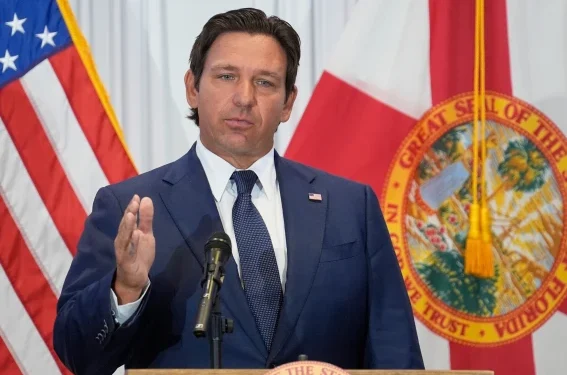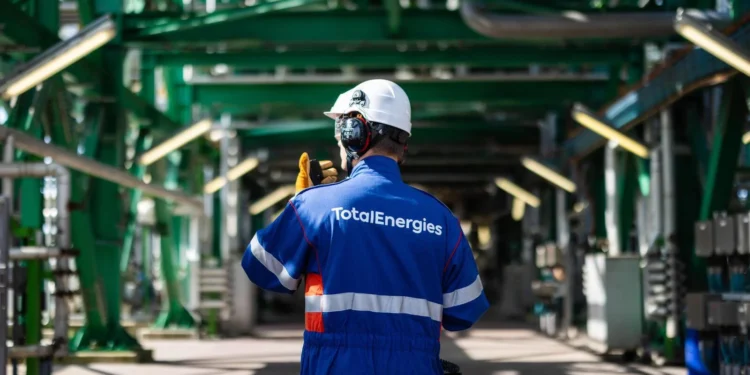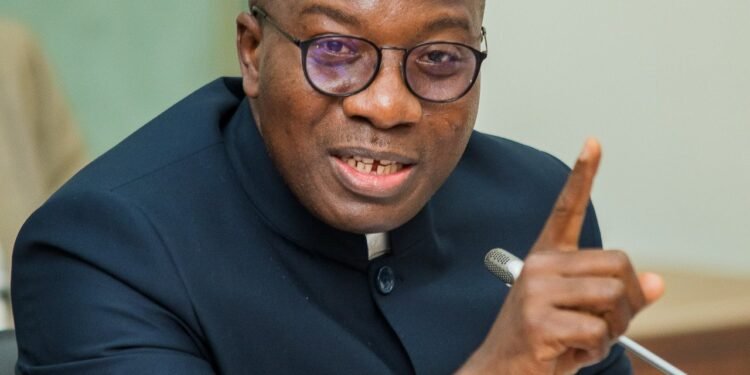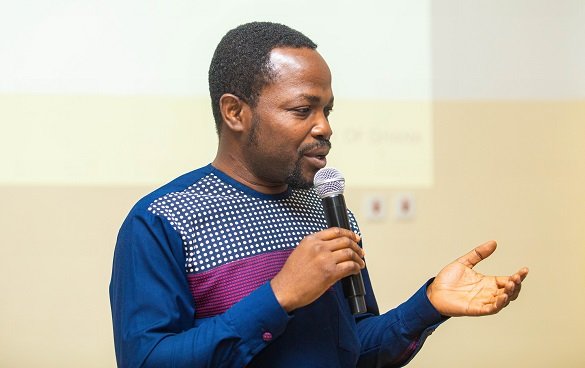Billionaire philanthropist Bill Gates has announced that the majority of his Gates Foundation’s staggering $200 billion endowment will be directed toward Africa over the next 20 years. The commitment, revealed on Tuesday, June 3, marks a pivotal turn in the continent’s pursuit of health and development goals.
The announcement followed Gates’ earlier revelation on May 8 that he plans to wind down the foundation by 2045. Speaking to a hall packed with African government officials, diplomats, and healthcare professionals, Gates emphasized the importance of prioritizing innovation and partnerships in solving the continent’s pressing issues.
“I recently made a commitment that my wealth will be given away over the next 20 years. The majority of that funding will be spent on helping you address challenges here in Africa.”
Bill Gates
The Microsoft co-founder urged leaders to focus on transformative investments in public health and education. “By unleashing human potential through health and education, every country in Africa should be on a path to prosperity… and that path is an exciting thing to be part of,” he noted.
Central to Gates’ vision is a reinforced emphasis on primary healthcare. He stressed that early investments in maternal and child health deliver the greatest long-term benefits.
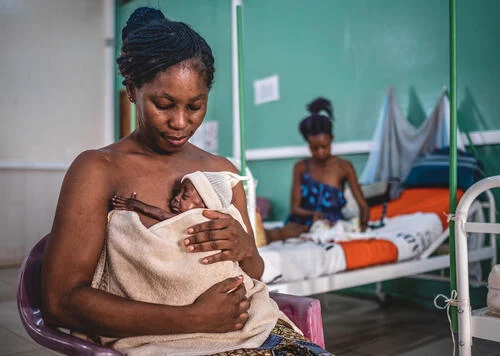
“With primary healthcare, what we’ve learned is that helping the mother be healthy and have great nutrition before she gets pregnant, while she is pregnant, delivers the strongest results. Ensuring the child receives good nutrition in their first four years as well makes all the difference.”
Bill Gates
Bill Gates Targets Health And Education Investment
Gates commended several African nations for their progress and leadership, singling out Ethiopia, Mozambique, Nigeria, Rwanda, Zambia, and Zimbabwe. However, he refrained from commenting on widely reported concerns over governance and human rights issues in some of those countries, particularly Ethiopia and Rwanda.
“Our foundation has an increasing commitment to Africa,” he said, highlighting the opening of the first African office in Ethiopia 13 years ago. Since then, regional offices have also been established in South Africa, Kenya, Nigeria, and Senegal. “That’s a great way for us to strengthen partnerships.”
This surge in philanthropic focus comes at a time when American foreign aid is facing severe cutbacks under the advisement of President Donald Trump’s budget advisor, Elon Musk. The world’s richest man, Musk, recently boasted of “feeding USAID to the wood chipper.”
Such cuts have already raised global alarms. A study published in The Lancet estimates that slashing PEPFAR, a major U.S. initiative to combat HIV/AIDS globally, could lead to the deaths of 500,000 children by 2030. Meanwhile, Nature warns that a prolonged freeze on U.S. foreign aid could cause as many as 25 million preventable deaths over the next 15 years.
The Gates Foundation has long been active in supporting life-saving initiatives across the Global South. Its track record includes funding over 100 innovations credited with saving more than 80 million lives, particularly through collaborations with GAVI and the Global Fund to Fight AIDS, Tuberculosis, and Malaria.
Gates also took the opportunity to challenge fellow billionaires to step up. “It makes a big difference to take the money and spend it now versus later,” he said, highlighting its impact on sectors like agriculture and artificial intelligence.
Concerning why he is not spending the wealth on himself, he remarked, “What am I going to do? Just go buy a bunch of boats or something? Go gamble? This money should go back to society in the way that it has the best chance of causing something positive to happen.”
Gates also argued for the contagious nature of philanthropy.
“I do think good examples influence other people. I think the rich people today should do more philanthropy… And I think the rich people 20 years from now should do more in philanthropy.”
Bill Gates
As part of his visit, Gates is scheduled to meet with Ethiopian Prime Minister Abiy Ahmed and Nigerian President Bola Ahmed Tinubu. Discussions are expected to focus on advancing artificial intelligence and health sector reform in both nations.
READ ALSO: Actor Raises Concerns About Ghana’s Reading Culture





